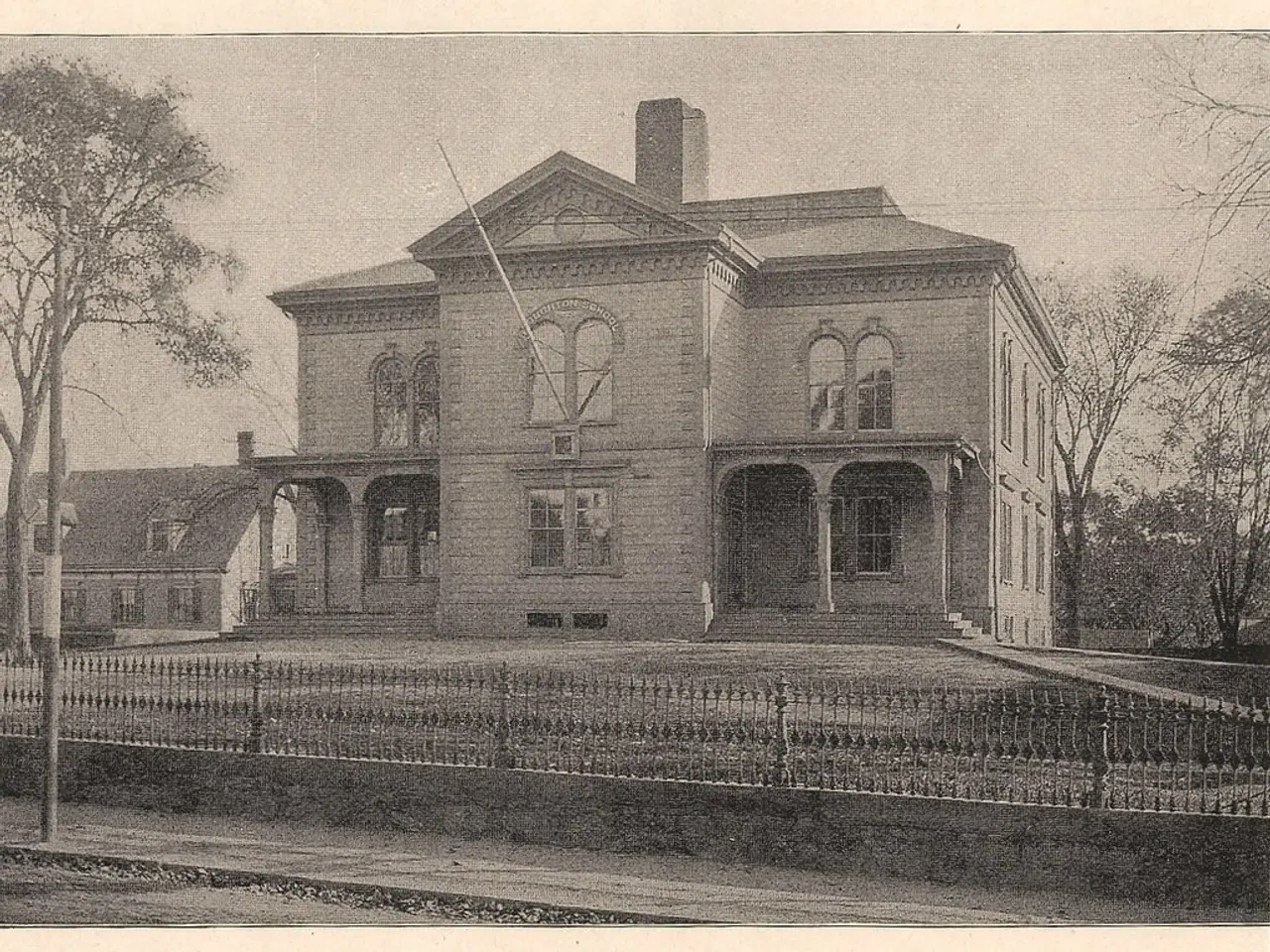Legislative body puts forth a proposal for a worker safety guideline, focusing on safeguards against harmful ionizing radiation exposure.
Preserving Wildlife Habitats: A Guide to Pruning Regulations in Germany
In Germany, the Federal Nature Conservation Act (Bundesnaturschutzgesetz, BNatSchG) plays a crucial role in protecting wildlife habitats, including the pruning of hedges and shrubs. Here's what you need to know.
Between March 1 and September 30, pruning activities that affect hedges, shrubs, and trees are generally prohibited to protect the breeding and rearing season of many bird species. Exceptions only apply when pruning is necessary for safety or urgent plant health reasons.
Outside this restricted period (October 1 to the end of February), hedges and shrubs can be pruned, but care should be taken to avoid harming wildlife. The aim is to protect habitats and ensure biodiversity by preventing the destruction of nesting sites and shelter for animals within hedges and shrubs.
These regulations are embedded in Section 39 of the Federal Nature Conservation Act, which prohibits any disturbance or destruction of breeding sites of wild animals that live on or in plants.
So, in Germany, no pruning of hedges and shrubs is allowed between March 1 and September 30 unless exceptional urgent reasons exist. Pruning should ideally be done in autumn or winter to protect biodiversity.
If you're planning to clear a building plot in the Rhein-Kreis Neuss, it's important to consult with the relevant city or municipality to ensure compliance with both nature and species protection regulations and any existing local tree protection ordinances or building regulations. Verena Krause, from the Lower Nature Conservation Authority, can provide further information on landscape protection in the Rhein-Kreis Neuss. Her contact information is available at Tel. 02181 / 6 01 68 48.
Similarly, if you want to fell a tree or remove a copse, careful consideration should be given to both nature and species protection regulations and any existing local tree protection ordinances or building regulations. Clearing building plots may cause delays due to the need for outstanding permits related to nature conservation.
Even in home gardens, the ban on clearing or radical pruning of hedges and shrubs applies. Exceptions include trees on horticulturally used areas and in the forest, which may be removed or pruned back if no animals are nesting in them or if they are not being used by particularly protected species such as bats.
Environmental Affairs Officer Gregor Küpper emphasizes that clearing or radical pruning of hedges and shrubs is prohibited from March onwards, based on the Federal Nature Conservation Act. Only careful formative and maintenance pruning is permitted in spring and summer.
By adhering to these regulations, we can help preserve wildlife habitats and breeding success in hedges and shrubs on public and private land. For more information, contact your local city or municipality.
In the realm of residential and garden settings, homeowners should be aware that the ban on clearing or excessive pruning of hedges and shrubs extends to these areas, with exceptions only for trees not utilized by protected species or those that are not being inhabited by wildlife.
To support the conservation of our environment, it is crucial to follow the regulations even in home and garden settings, as this can aid in preserving wildlife habitats and promoting nesting success.
Furthermore, it's essential to know that these regulations apply to various aspects of landscape management, such as tree felling and copse removal, and may impact the timeline of building plot preparation due to permit requirements.




